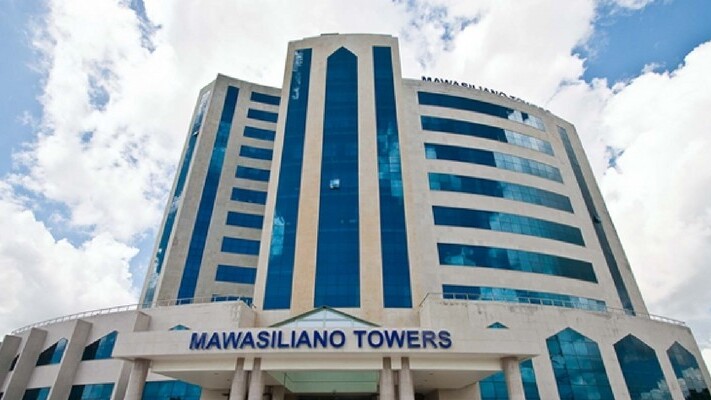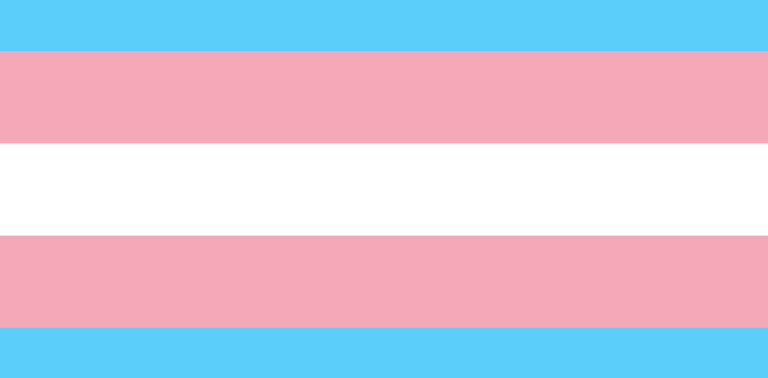
Tanzania is considering a new law to regulate social media in the East Afrikan country. The proposed bill, Electronic and Postal Communications (Online Content) Regulations 2017, was published by the Tanzania Communications Regulatory Authority (TCRA).
Part of the draft regulations suggest that all online content producers, including bloggers, should be licensed by the TCRA.
James Kilaba, Deputy Director responsible for development of Information and Communication Technologies at the TCRA, is reported to have said that they will “hold public forums in the coming week to share the draft document with stakeholders before the final set of rules are sent to the minister for signing and gazettement.”
Earlier this year, Tanzania’s parliament approved the Electronic and Postal Communications Act which government officials said will help curb the “moral decadence” caused by social media. They also listed more questionable reasons for the act, such as that social media is somehow a danger to Tanzania’s national security. The draft regulations will only become law once signed by Tanzania’s Minister for Information, Culture, Arts and Sports, Dr. Harrison Mwakyembe.
According to the proposed bill, if anyone is deemed to have posted content that is considered to be “indecent, obscene, hate speech, extreme violence or material that will offend or incite others, cause annoyance, threaten, or encourage or incite crime, or lead to public disorder”, they will be charged a fine of five million Tanzanian Shillings (approximately $2,300) and/or a minimum of 12 months in jail.
Other regulations that stand out from the draft bill include:
- Online platforms will be required to ban anonymous users and fully cooperate with Tanzania’s law enforcement authorities
- Online platforms will be required to install user manuals and record proceedings of their business around the clock by installing CCTV cameras
- Publishing of content that uses bad language including use of disparaging or abusive words which is calculated to offend an individual or a group of persons will not be allowed
- Publishing of false content likely to mislead or deceive the public is not allowed except when it is clearly stated as satire or fiction
It can be argued that even before this bill becomes law, Tanzania has already been implementing it. In December 2016, Maxence Melo (Founder of Tanzania’s JamiiForums Platform), was arrested for refusing to reveal the identities of whistleblowers on the online platform. Another incident, among many, is when in June 2017 Tanzania’s government imposed a 2-year ban on a newspaper including any online articles it publishes for mentioning politicians allegedly involved in corruption.
This post was originally published by iAfrikan. Check out their excellent coverage and follow them down here:
Get the TNW newsletter
Get the most important tech news in your inbox each week.




